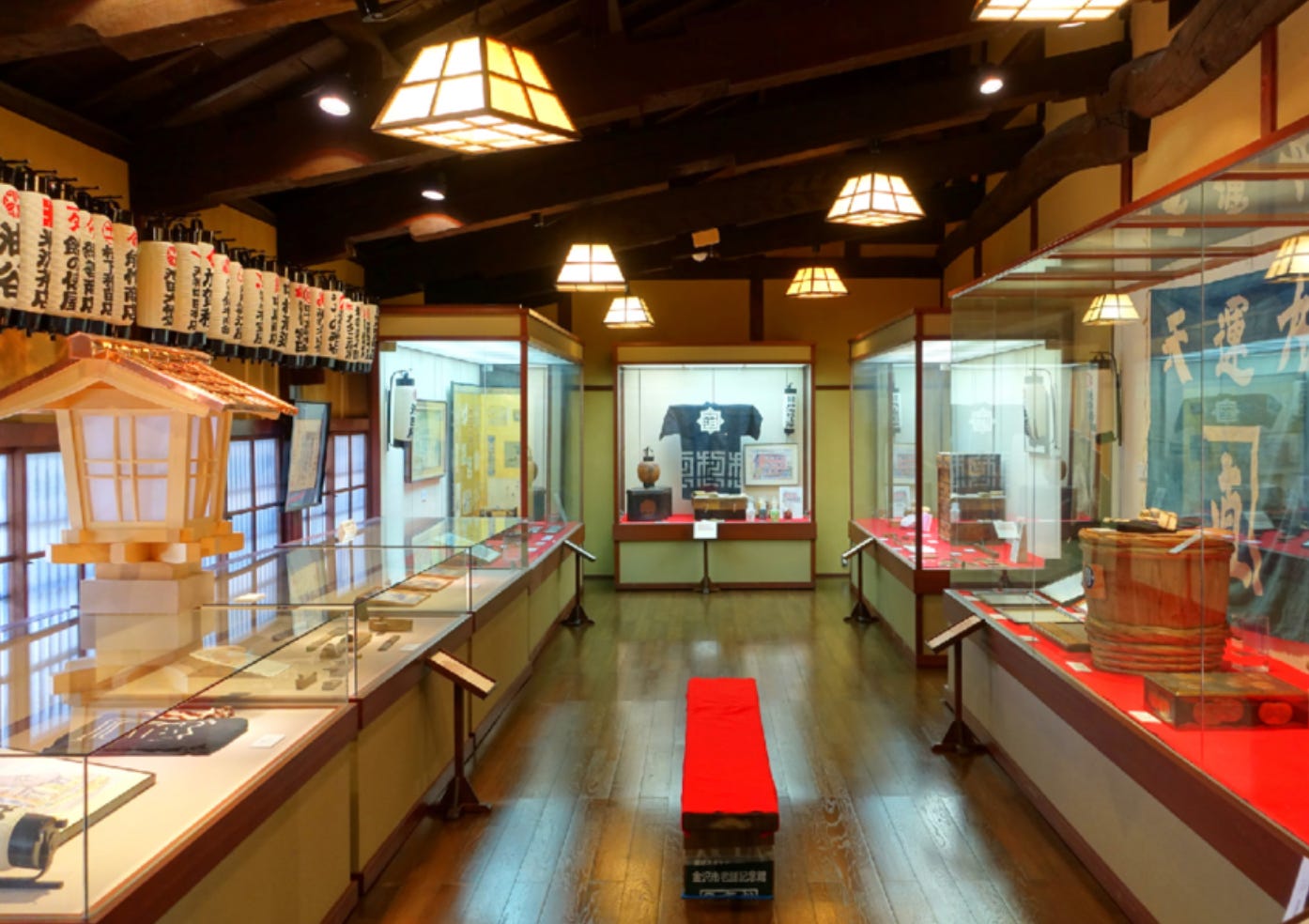As a YouTube addict, I've frequently encountered the "Shinise" videos. A term that refers to traditional, longstanding businesses in Japan. These businesses often span generations and have preserved their cultural heritage, craftsmanship, and business practices for decades or even centuries. Shinise are not just commercial enterprises but cultural symbols reflecting Japanese society's deep-rooted traditions and values.
A Bank of Korea 2008 report highlighted Japan's prominence in hosting companies over 200 years old; 56% were in Japan. In 2019, research firm Teikoku Data Bank recorded over 33,000 century-old businesses in Japan. These figures showcase the enduring success and longevity of Japanese enterprises.
Shinise includes a wide array of businesses. For instance, the world's oldest hotel, open since 705, Osaka-based construction giant Takenaka founded in 1610, and a confectionery business operating since 1000 in Kyoto underscore these businesses' remarkable continuity. Even well-known global brands like Suntory and Nintendo trace their roots back to the 1800s.

Lessons for Modern Capitalists
The concept of shinise has ignited contemplation about the valuable lessons modern conscious capitalists, particularly entrepreneurs and venture capitalists, can glean from their practices.
Quality over Scale: Shinise prioritizes quality craftsmanship and dedication over rapid scaling. This approach ensures that each aspect of the business is meticulously crafted and aligned with its values.
Long-Term Vision: These businesses don't rush their growth; instead, they focus on building something that can withstand the test of time. This patience and focus on long-term sustainability starkly contrasts the quick-growth mentality seen in contemporary capitalism.
Community and Tradition: Shinise deeply integrates with their local communities and upholds traditions. This community connection enhances resilience and fosters trust, factors that can be translated into modern business contexts.
Family Commitment: A strong commitment to the family business and continuity underscores the ethos of shinise. This devotion contributes to their lasting success and the preservation of their values.
Nature-Aligned Approach: Shinise's sustainable growth aligns with nature and the environment, resonating with the conscious capitalist's commitment to environmental responsibility.
Economic Degrowth for Sustainability: In a world driven by the relentless pursuit of growth, Shinise demonstrates the merits of a more conscious approach. Degrowth advocates argue that hyper-growth often comes at the expense of environmental degradation and resource depletion. Embracing sustainable economic practices can lead to more balanced and resilient ecosystems, aligning with the principles of conscious capitalism.
Recession-Proof: During economic downturns, smaller enterprises like Shinise tend to be more insulated due to their focused offerings and local ties. They maintain a closer connection to their customers and communities, often mitigating the negative impact of recessions. This local involvement fosters loyalty and trust, contributing to long-term stability.
The principles of commitment, quality, tradition, degrowth, recession-proof, and community-centric focus can inspire modern conscious capitalists to create businesses that are economically prosperous, culturally significant, and resilient for generations to come.
“I was born here by chance. My ancestors continued the tea business and I’m taking over ……My goal is not to make the company bigger or expand sales or go worldwide. What’s most important is to just continue this.” - Owner of Tsuen Tea.
Tsuen Tea is the oldest tea house in the world, founded in 1160 in Uji City, Kyoto Prefecture, Japan. It is also the 13th oldest company in Japan and the 30th oldest in the world, appearing on the List of oldest companies.
In my view, Shinise presents a compelling alternative to the prevailing Western growth paradigm, which often prioritizes expansion without regard for consequences. The relentless pursuit of boundless growth has led to societal and environmental challenges. Shinise, on the other hand, offers a model of degrowth rooted in community-centered principles, longevity, gradual progress, organic development, and sustainability. This approach signifies a more balanced and conscientious way forward.
Additional Resources on Shinise
The spirit of Shinise: Lessons from long-lived Japanese companies
Yamamotoyama: Tradition and Change in a 300-Year-Old Shinise
Family Firms and Business Families: A Field for Anthropological Research
What do you think about Shinise? Do you have a book recommendation or a case study to refer to? Reach out to me at sagar@idexaccelerator.com.
Let us create a better world for people, the planet, and animals.



